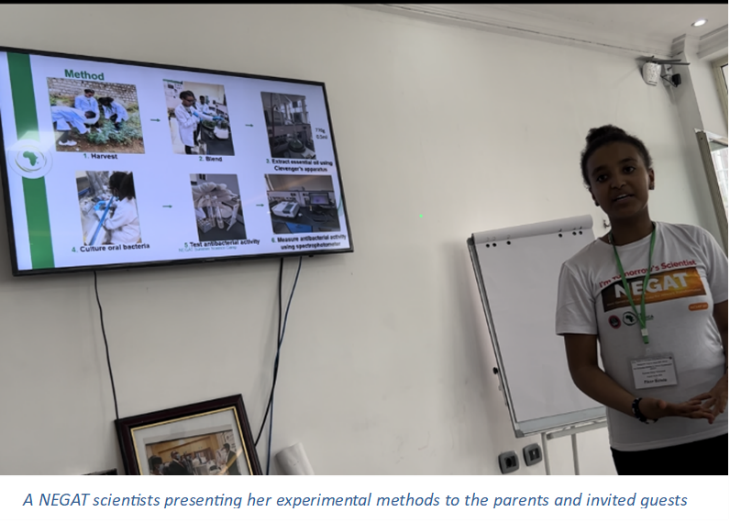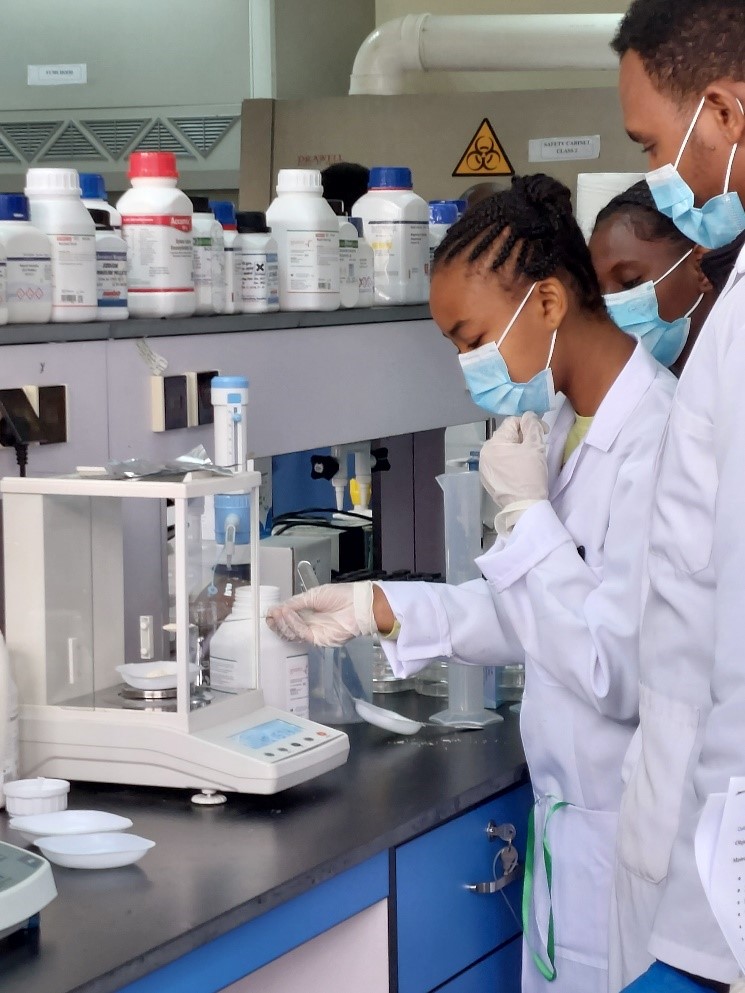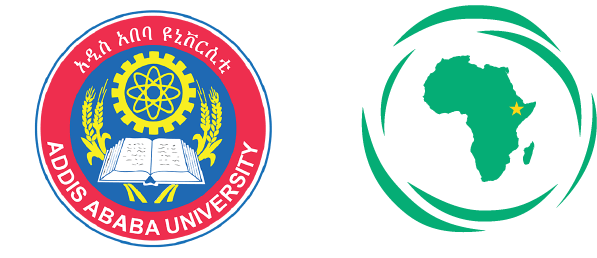One of the most inspiring meetings I ever attended was the 2017 Bio-International Convention held in San Diego, CA, USA.
I have since been preoccupied with the possibility that the next world changing medical breakthrough could come from the children who are now gracing the primary schools of Africa.
What would it take to make this a reality?
Investing in Science and the Scientists of Tomorrow.
Granted that this is presumptuous, NEGAT is one tiny experimental undertaking that CDT-Africa just completed -- to be repeated annually.
The aim of NEGAT is to immerse young students, ages 13-15/grades 7-8, in drug discovery through highly practical 5-days program.
In the process, we hope to demystify drug discovery research, i.e., that these bright students can see themselves doing drug discovery research. And begin building the medical discovery pipeline.

It was exhilarating to see these students completely engaged in the process with full dedication and enthusiasm. Their excitement was contagious. Their feedback as well as the feedback of their parents was very encouraging.
I was convinced that the future of Africa will be bright if we invest in the next generation with full commitment. NEGAT is an apt representation of this hope. NEGAT in Amharic means Dawn and is a figure of speech for a bright future.
In this particular programme, NEGAT (ንጋት) is an acronym for NExt Generation scientists for Africa’s Transformation.
 I can’t minimise what was involved. It was a hard work for the CDT-Africa team—the planning, the pretesting, the implementation and the active engagement were major undertakings. But, in the end, the team was greatly rewarded by the results.
I can’t minimise what was involved. It was a hard work for the CDT-Africa team—the planning, the pretesting, the implementation and the active engagement were major undertakings. But, in the end, the team was greatly rewarded by the results.
I should reemphasise that what we have done and will be able to do moving forward, is immeasurably small considering what will be required. But we hope other institutions in Ethiopia and Africa will follow suit. If that happens across diverse fields, it is only a matter of time before we see Africa’s Transformation.
I am very proud of these young aspiring scientists and immensely grateful to the CDT-Africa staff who made this possible.

